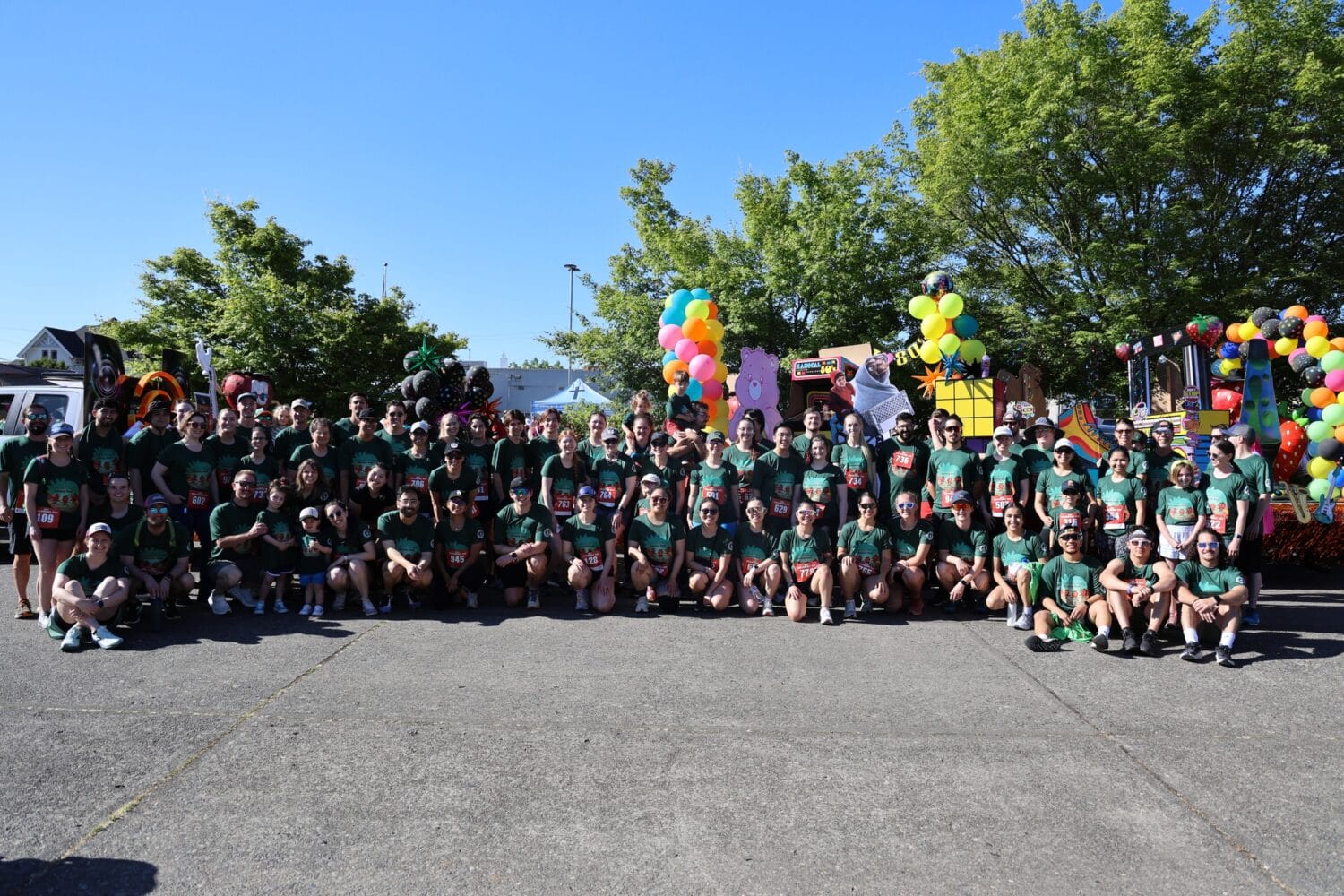AOA President visits WesternU
The creation of a single graduate medical education accreditation system will bring tremendous opportunities, but osteopathic physicians (DOs) must continue to embrace the osteopathic philosophies that make them distinct, American Osteopathic Association President Norman E. Vinn, DO, told College of Osteopathic Medicine of the Pacific students during his visit March 4, 2014.
Dr. Vinn is an osteopathic family physician from San Clemente, Calif., and is the founder of Housecall Doctors Medical Group, Inc., a home care network that provides onsite clinical services to more than 1,000 homebound elderly in Southern California. His father was a DO, and his daughter, Vanessa S. Vinn, is also an osteopathic physician. Dr. Vinn serves on the COMP Advisory Board and is a Western University of Health Sciences clinical professor.
The American Osteopathic Association (AOA) and the American Association of Colleges of Osteopathic Medicine (AACOM) announced Feb. 26 that they had agreed with the Accreditation Council for Graduate Medical Education (ACGME) to create a single accreditation system for graduate medical education (GME) programs in the U.S.
Bringing the osteopathic (DO) and allopathic (MD) GME programs together will present challenges, uncertainties and opportunities, Vinn said during a lunchtime talk with COMP students and faculty. It will allow AACOM and AOA to have formal governance presence on ACGME.
“This is going to codify osteopathic philosophy and principles officially, in what is really an international system of accreditation,” Vinn said. “We’re right there, front and center of the process. That alone will create more opportunities for you as graduates, but remember, you’re still going to have to earn it.”
His allopathic colleagues have asked how osteopathic medical colleges produce such outstanding, caring graduates, Vinn said.
“We have a cultural history and legacy of creating complete physicians, both in terms of philosophy and, as your president would say, humanism and compassion,” he said. “Those are part of our genetic material. Through all of this, it will be incumbent on us to carry the flag, to keep the flame burning, to understand that you have a choice.”
He implored COMP students to embrace the osteopathic culture and philosophy, not just Osteopathic Manipulative Treatment, but osteopathic thinking and humanism.
“If you don’t live that, then we will be damaged in the process,” Vinn said. “But that doesn’t have to occur. It’s up to you.”
These new opportunities will not guarantee success, Vinn said. Each student must still work hard and make a good impression in the classroom and on rotations.
“Arrive early, stay late, finish your notes on time, be nice to people, answer questions. Be who you are. That’s the real door opener for you. You still have to earn your place,” Vinn said. “You’re going to have to explain better to our MD colleagues about who we are and what we do. Some of their leaders told me personally they want us to have an influence on their culture with more humanism and compassion, and looking at the whole person.”
DOs, in turn, will benefit from MDs’ focus on research culture.
“We have had some research culture, but not nearly as strong as we need,” Vinn said. “We’re looking forward to getting more involved and infected by their research culture and getting access to other resources to do research. Is it going to be automatic entitlement? No, but I think it’s going to open some doors for us to do more sophisticated research, to get better grants, and for students to train in more research-oriented environments.”
COMP students came away inspired by Vinn’s message.
“It’s good to know the whole ACGME process is moving forward, and that there will still be distinct osteopathic consideration given to different programs,” said COMP student Eric Mecusker, DO ’16. “It’s a good reminder that we need to stay the course. Not much is going to change in the way we treat patients. We’re still going to be dedicated to that patient-focused, compassionate, humanistic delivery of care. We’re finally going to be able to share that with our MD colleagues more than ever before.”



